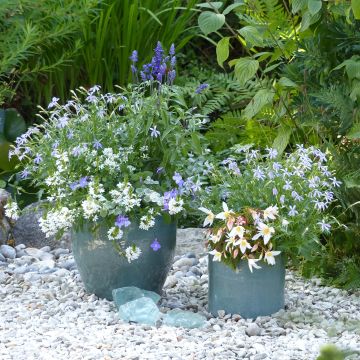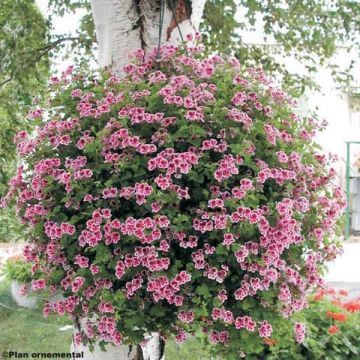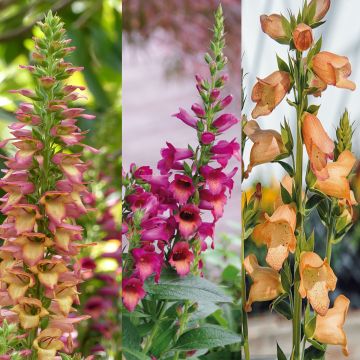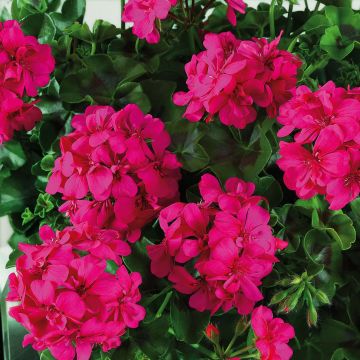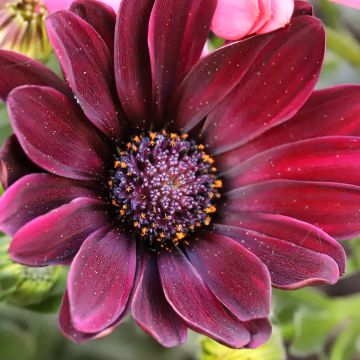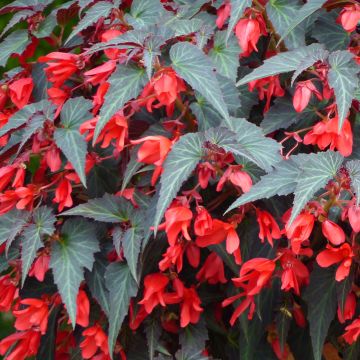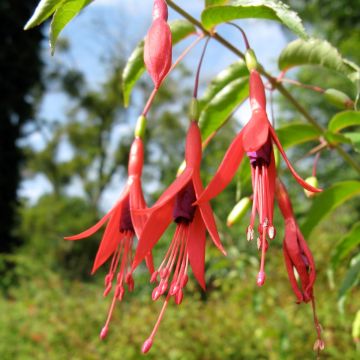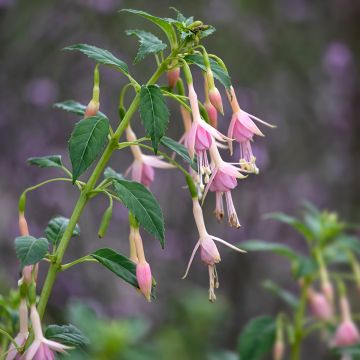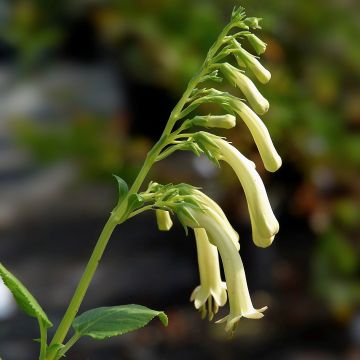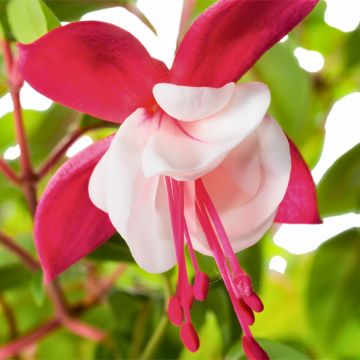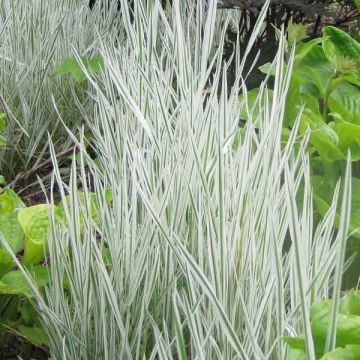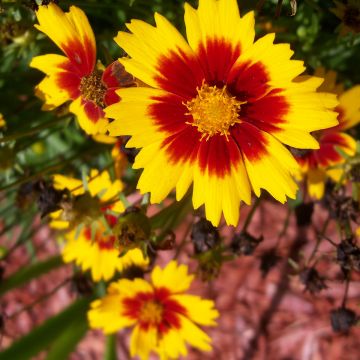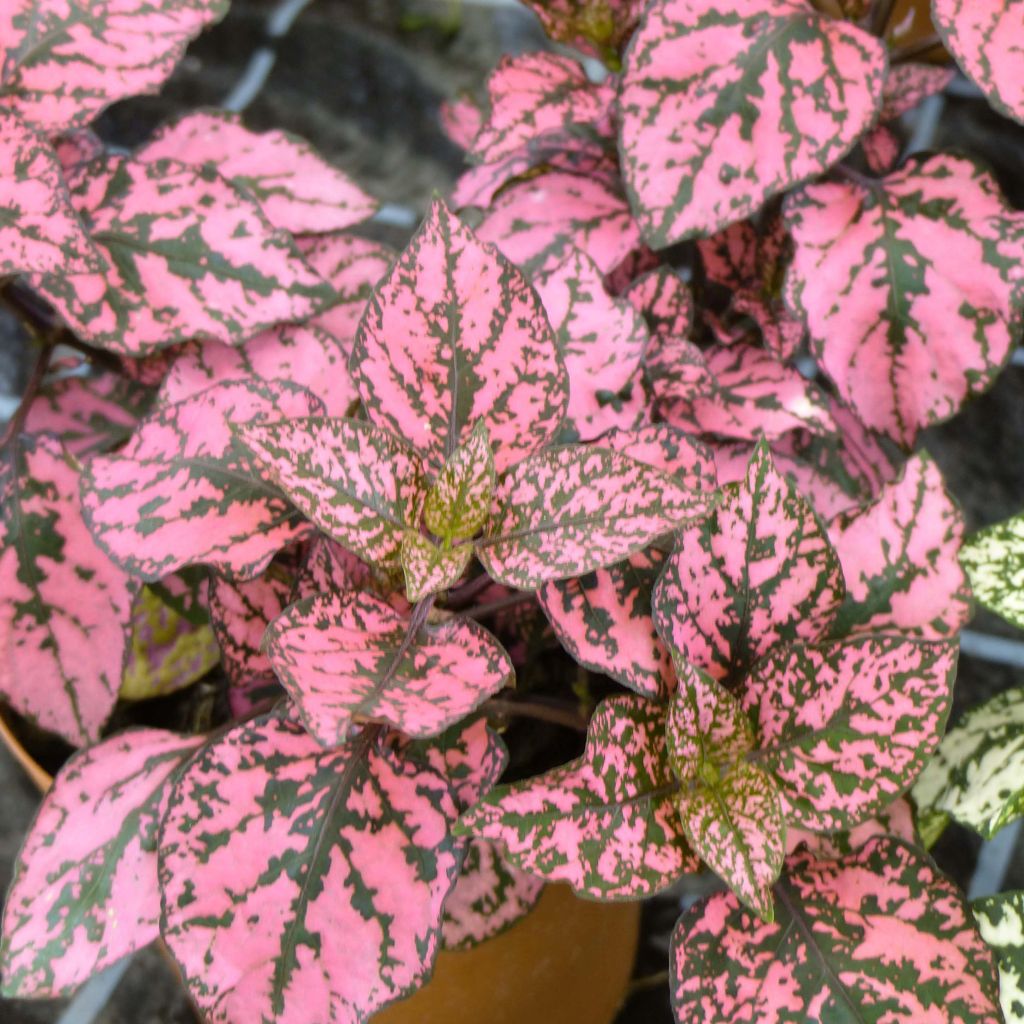

Hypoestes Hippo Pink Mini-mottes
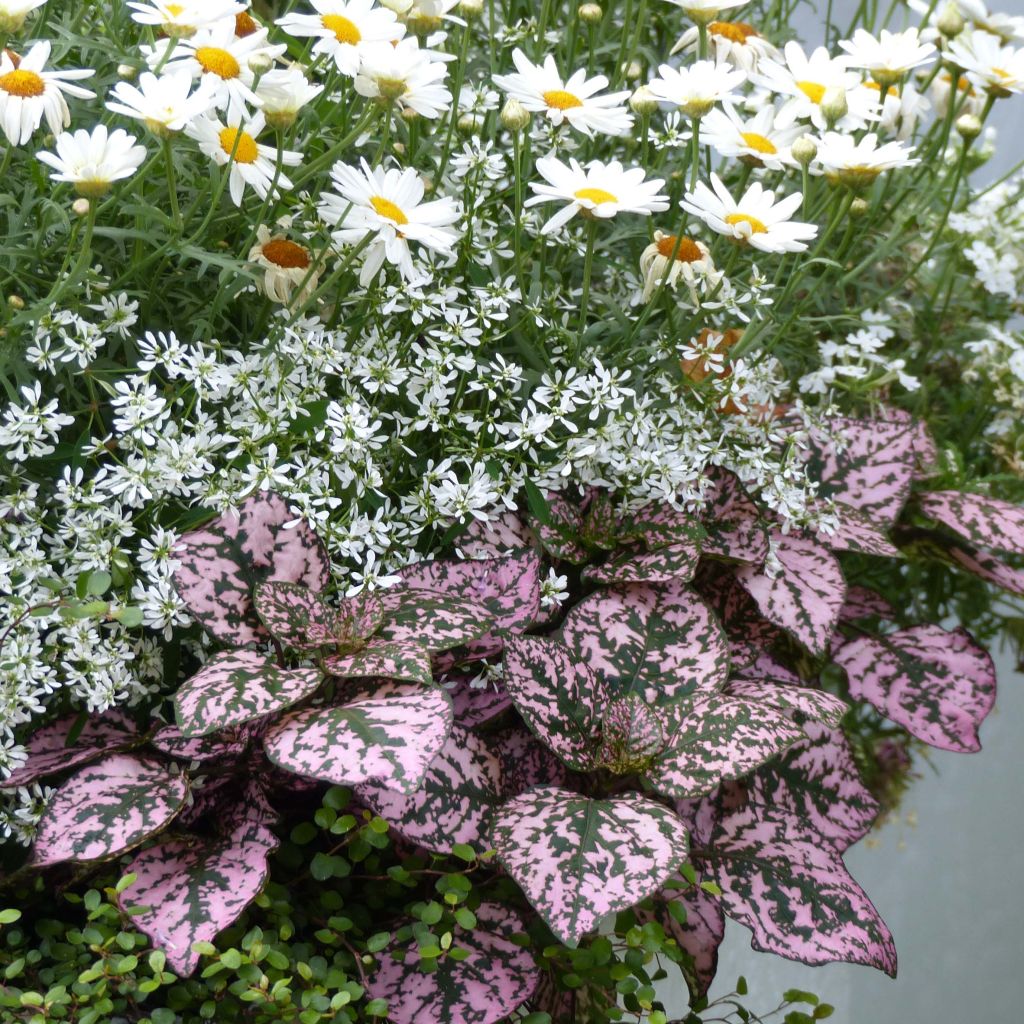

Hypoestes Hippo Pink Mini-mottes
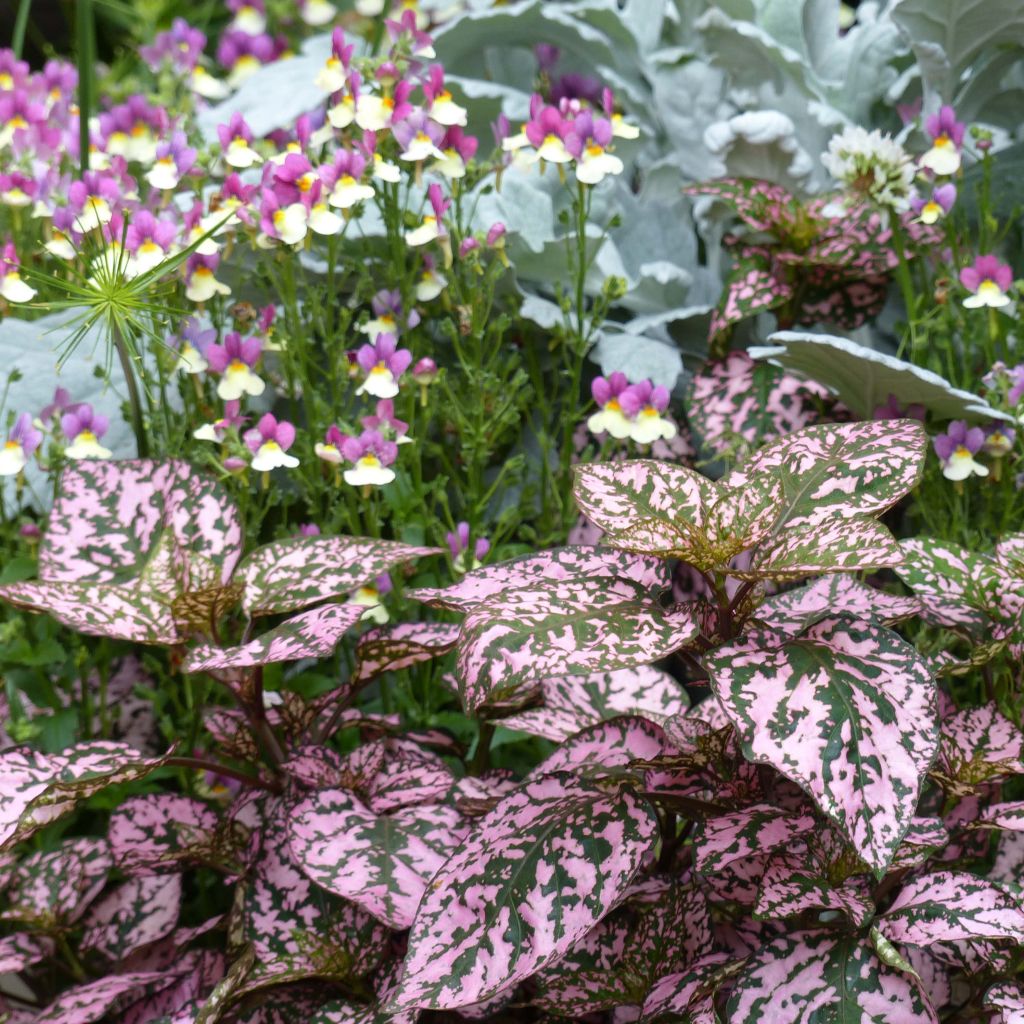

Hypoestes Hippo Pink Mini-mottes
Hypoestes phyllostachya Hippo Pink - Polka Dot Plant
Hypoestes x phyllostachya Hippo Pink
Polka Dot Plant, Freckle Face
Other than a slight heat stroke, they arrived in very good condition.
Patricia D., 07/06/2019
This item cannot be shipped to the selected country
Delivery charge from €5.90
More information
Schedule delivery date,
and select date in basket
This plant carries a 6 months recovery warranty
More information
We guarantee the quality of our plants for a full growing cycle, and will replace at our expense any plant that fails to recover under normal climatic and planting conditions.
From €5.90 for pickup delivery and €6.90 for home delivery
Express home delivery from €8.90.
Does this plant fit my garden?
Set up your Plantfit profile →
Description
Hypoestes Hippo Pink is part of a new series of 'plants with freckles' that are vigorous and easier to grow in the sun, for example on the terrace or balcony. Its foliage, a deep pink spotted with very dark green, is truly remarkable. Usually grown indoors for its splendid multicolored foliage, Hypoestes phyllostachya is a tender plant from tropical climates that also makes a beautiful annual plant in our latitudes, if it has enough warmth. Easy to grow in good potting soil, the 'Hippo' Hypoestes will thrive in shade, partial shade, or even in full sun, in containers, pots, troughs, and hanging baskets.
Hypoestes are plants related to Acanthus, belonging to the Acanthaceae family. The most common in cultivation is Hypoestes phyllostachya, native to Madagascar, which is a very popular indoor plant. Horticulture has produced many hybrids, including those in the 'Hippo' series, selected for their vigour and ornamental qualities. These tropical climate plants only grow properly above 16°C (60.8°F), in soil kept moist in spring and summer, and drier in autumn and winter.
Hypoestes Hippo forms ramified clumps that can reach 80cm (32in) in all directions in one season. The stems bear triangular leaves of a good size, wider than those of usual varieties. Their lamina is mostly a deep and vivid pink, irregularly spotted with dark green along the veins. The flowering occurs on mature plants, in late summer or autumn in our climates. The small pink flowers are quite discreet and somewhat resemble those of fragrant geraniums.
Hypoestes 'Hippo', with their sumptuously coloured foliage, are irreplaceable for brightening up any decor... in the garden as well as in the house, where they will live for several years. While they tolerate sunny exposures well, they appreciate a partially shaded exposure, which can be found on the edge of a border of tall perennials or bushes, or even in a shaded rockery, exposed to the east, away from the harsh summer sun. They allow for the creation of mosaic-like massifs of colours, for example with Coleus, and they pair well with begonias and impatiens in flower pots. They can also be planted at the base of taller orangery plants (Orange tree, Mimosa, Banana tree, Oleander, Bougainvillea).
Note: Attention, our young plug plants are professional products reserved for experienced gardeners: upon receipt, repot and store them under shelter (veranda, greenhouse, cold frame...) at a temperature above 16°C (60.8°F) for a few weeks before planting them outdoors once the risk of frost is definitively removed.
Report an error about the product description
Hypoestes phyllostachya Hippo Pink - Polka Dot Plant in pictures
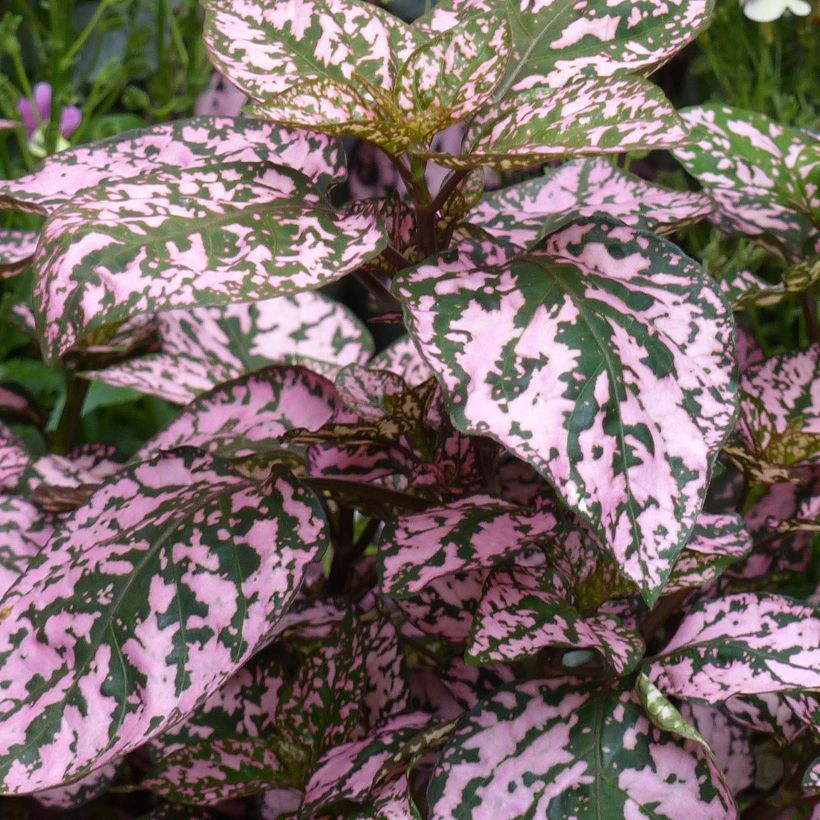

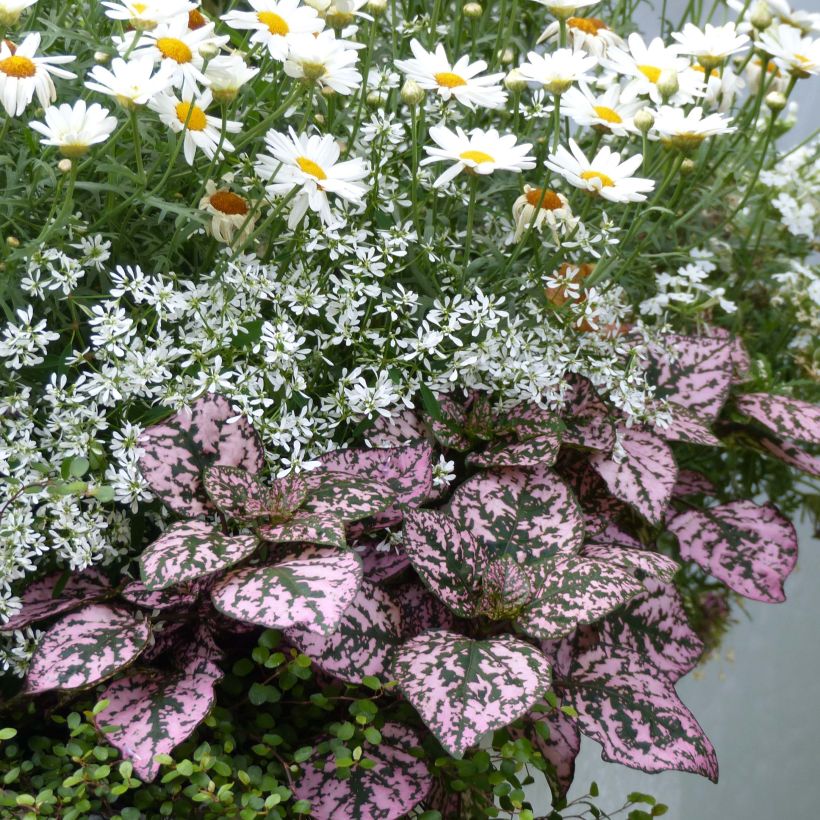

Flowering
Foliage
Plant habit
Botanical data
Hypoestes
x phyllostachya
Hippo Pink
Acanthaceae
Polka Dot Plant, Freckle Face
Cultivar or hybrid
Other Annuals A to Z
Planting and care
Hypoestes Hippo plants are easy to cultivate in a warm greenhouse, indoors, or outdoors during the nice season, in good horticultural soil, but their growth is enhanced by heat: below 16°C (60.8°F), they do not grow or grow very little. Plant them in May, in a sunny (non-burning sun), semi-shaded, or possibly shaded, but bright and sheltered from the wind. They need ambient humidity and a light, humus-rich soil, but well-drained, and appreciate the addition of fertilizer. They are not demanding on the nature of the soil and tolerate limestone well. In pots, they should be regularly watered from spring to summer. Every fifteen days, apply a little liquid fertilizer from June to September. Bring your Hypoestes indoors in October, before the arrival of cold weather. Starting in autumn, watering should be gradually reduced. Remove flower spikes to promote foliage production. Plan for light pruning during the season to help the plant branch out.
Planting period
Intended location
Care
-
, onOrder confirmed
Reply from on Promesse de fleurs
Plug plants - Annuals
Haven't found what you were looking for?
Hardiness is the lowest winter temperature a plant can endure without suffering serious damage or even dying. However, hardiness is affected by location (a sheltered area, such as a patio), protection (winter cover) and soil type (hardiness is improved by well-drained soil).

Photo Sharing Terms & Conditions
In order to encourage gardeners to interact and share their experiences, Promesse de fleurs offers various media enabling content to be uploaded onto its Site - in particular via the ‘Photo sharing’ module.
The User agrees to refrain from:
- Posting any content that is illegal, prejudicial, insulting, racist, inciteful to hatred, revisionist, contrary to public decency, that infringes on privacy or on the privacy rights of third parties, in particular the publicity rights of persons and goods, intellectual property rights, or the right to privacy.
- Submitting content on behalf of a third party;
- Impersonate the identity of a third party and/or publish any personal information about a third party;
In general, the User undertakes to refrain from any unethical behaviour.
All Content (in particular text, comments, files, images, photos, videos, creative works, etc.), which may be subject to property or intellectual property rights, image or other private rights, shall remain the property of the User, subject to the limited rights granted by the terms of the licence granted by Promesse de fleurs as stated below. Users are at liberty to publish or not to publish such Content on the Site, notably via the ‘Photo Sharing’ facility, and accept that this Content shall be made public and freely accessible, notably on the Internet.
Users further acknowledge, undertake to have ,and guarantee that they hold all necessary rights and permissions to publish such material on the Site, in particular with regard to the legislation in force pertaining to any privacy, property, intellectual property, image, or contractual rights, or rights of any other nature. By publishing such Content on the Site, Users acknowledge accepting full liability as publishers of the Content within the meaning of the law, and grant Promesse de fleurs, free of charge, an inclusive, worldwide licence for the said Content for the entire duration of its publication, including all reproduction, representation, up/downloading, displaying, performing, transmission, and storage rights.
Users also grant permission for their name to be linked to the Content and accept that this link may not always be made available.
By engaging in posting material, Users consent to their Content becoming automatically accessible on the Internet, in particular on other sites and/or blogs and/or web pages of the Promesse de fleurs site, including in particular social pages and the Promesse de fleurs catalogue.
Users may secure the removal of entrusted content free of charge by issuing a simple request via our contact form.
The flowering period indicated on our website applies to countries and regions located in USDA zone 8 (France, the United Kingdom, Ireland, the Netherlands, etc.)
It will vary according to where you live:
- In zones 9 to 10 (Italy, Spain, Greece, etc.), flowering will occur about 2 to 4 weeks earlier.
- In zones 6 to 7 (Germany, Poland, Slovenia, and lower mountainous regions), flowering will be delayed by 2 to 3 weeks.
- In zone 5 (Central Europe, Scandinavia), blooming will be delayed by 3 to 5 weeks.
In temperate climates, pruning of spring-flowering shrubs (forsythia, spireas, etc.) should be done just after flowering.
Pruning of summer-flowering shrubs (Indian Lilac, Perovskia, etc.) can be done in winter or spring.
In cold regions as well as with frost-sensitive plants, avoid pruning too early when severe frosts may still occur.
The planting period indicated on our website applies to countries and regions located in USDA zone 8 (France, United Kingdom, Ireland, Netherlands).
It will vary according to where you live:
- In Mediterranean zones (Marseille, Madrid, Milan, etc.), autumn and winter are the best planting periods.
- In continental zones (Strasbourg, Munich, Vienna, etc.), delay planting by 2 to 3 weeks in spring and bring it forward by 2 to 4 weeks in autumn.
- In mountainous regions (the Alps, Pyrenees, Carpathians, etc.), it is best to plant in late spring (May-June) or late summer (August-September).
The harvesting period indicated on our website applies to countries and regions in USDA zone 8 (France, England, Ireland, the Netherlands).
In colder areas (Scandinavia, Poland, Austria...) fruit and vegetable harvests are likely to be delayed by 3-4 weeks.
In warmer areas (Italy, Spain, Greece, etc.), harvesting will probably take place earlier, depending on weather conditions.
The sowing periods indicated on our website apply to countries and regions within USDA Zone 8 (France, UK, Ireland, Netherlands).
In colder areas (Scandinavia, Poland, Austria...), delay any outdoor sowing by 3-4 weeks, or sow under glass.
In warmer climes (Italy, Spain, Greece, etc.), bring outdoor sowing forward by a few weeks.

































